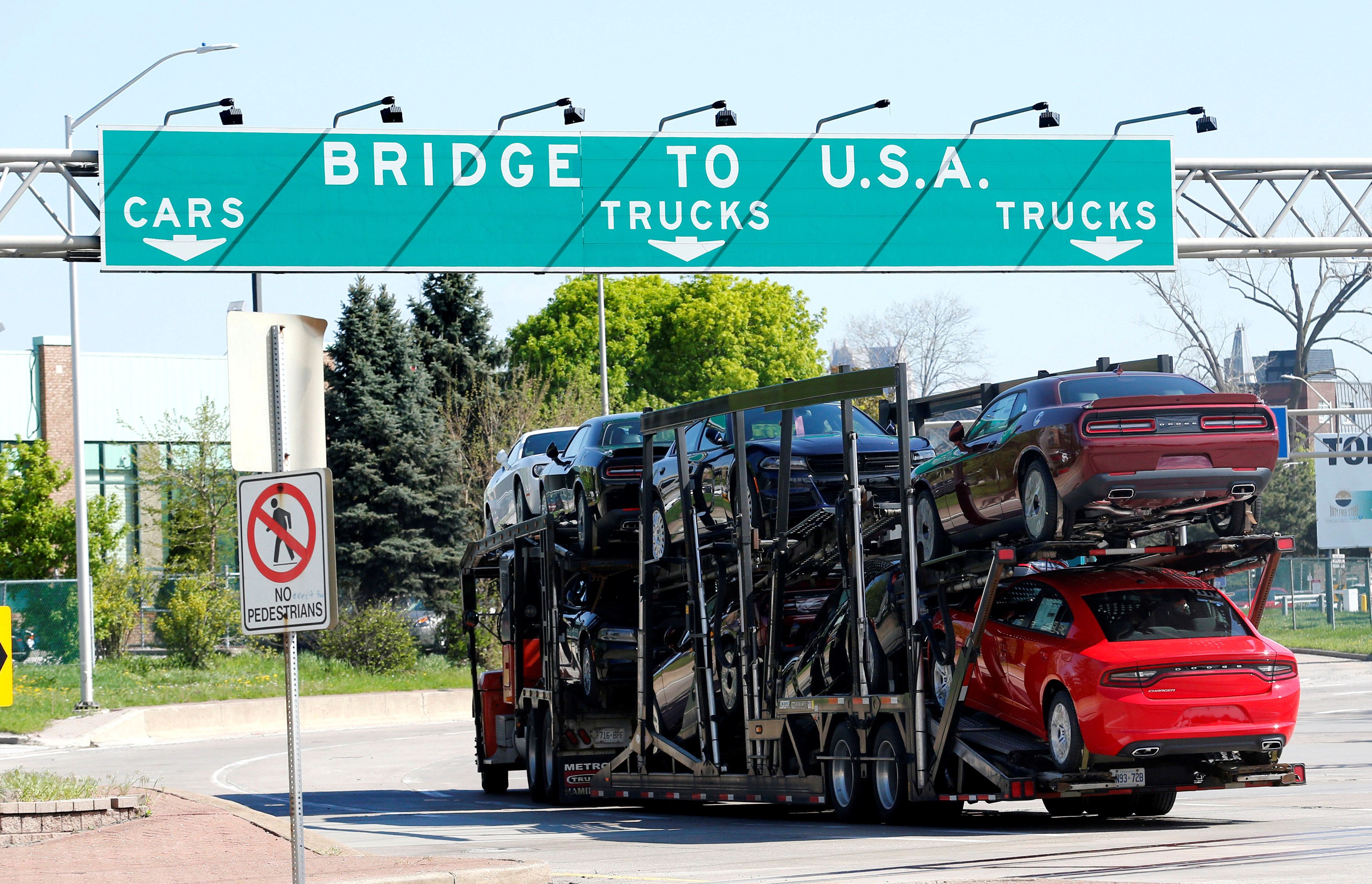NAFTA is dead, long live… USMCA? On Sunday evening, Canada agreed at the 11th hour to join a revised NAFTA with the United States and Mexico, now called the US-Mexico-Canada Agreement (USMCA). The three countries will move from a deal that President Trump has called “the single worst trade deal” the United States has ever done to one he says is “the most important trade deal we’ve ever made so far.” A subtle arc. Well, since my fellow Signalista Willis Sparks enjoys writing pieces with lots of acronyms, I’ll pass the mic to him for a quick take…
The key change that the US has won in the agreement – aside from the name – is that it requires automobiles to include more content from North American suppliers and demands that more of each car be made by auto workers who earn at least $16 an hour.
In addition, it opens up a bit more room for US exporters in Canada’s tightly protected dairy market, strengthens intellectual property protections for American companies, and creates a clause that says the deal expires after 16 years and must be reviewed after six.
The single biggest concession Trump made was to preserve a special US-Mexico-Canada panel that rules on tariff grievances among the three signatories. The White House had wanted to scrap that panel altogether, but the Canadians managed to hold the line. Trump has also said that now he won’t hit Mexico and Canada with crippling new auto tariffs (though steel tariffs against Canada are still in place).
The changes here are more than mere tweaks, but far short of an overhaul. Still, there are four reasons why this is a clear political win for President Trump and could reasonably have been called the Triumphantly Rejiggered Unbelievable Manufacturing Pact (T.R.U.M.P).
- Washington got most of what it wanted here, full stop. Trump’s strategy paid off: he threatened everyone with tariffs, and got Mexico aboard a new agreement back in August, which put pressure on Canada to deal ahead of Sunday's deadline.
- Trump has replaced a deal signed by Bill Clinton with one that will bear his signature.
- Trump – who railed against NAFTA on the campaign trail – can show that that he’s a president who keeps his promises.
- Heading into mid-terms (and looking ahead to 2020) Trump has buried the worst fears of trade disruptions with the US’ second- and third-largest trade partners.
Two questions to consider: Following the successful completion of small tweaks to the US trade deal with South Korea and a sort of trade truce with Europe, are we seeing signs that Trump will try to win support from other governments to focus more pressure on China and its trade practices? And would others, after all the unpleasantness, be willing go along with that?
